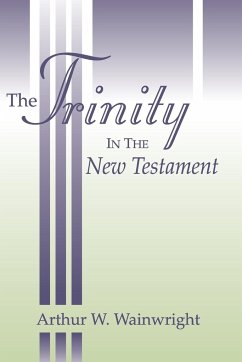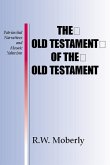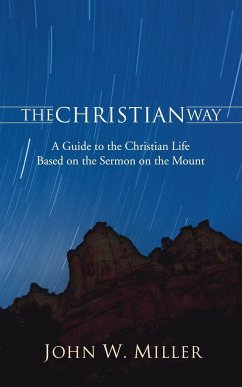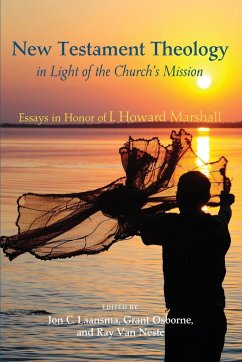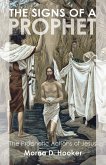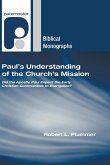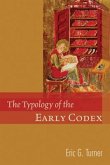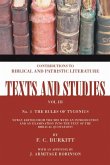It is often said that the doctrine of the Trinity was implicit in the religion of the New Testament Christians but only received theological formulation when their successors reflected on the faith by which they were living. Mr. Wainwright sets out to discover how far the writers of the New Testament were conscious of the problem involved in their faith which led to the working out of the doctrine by their successors. His conclusion, based upon a meticulous examination of the evidence, is that, although they made no formal statement of the doctrine, the problem was present in their minds and that they were seeking to answer it. So, in so far as doctrine is an answer to a problem, the doctrine of the Trinity emerges in the New Testament, and is far from being a speculation inessential to the Christian message.
Hinweis: Dieser Artikel kann nur an eine deutsche Lieferadresse ausgeliefert werden.
Hinweis: Dieser Artikel kann nur an eine deutsche Lieferadresse ausgeliefert werden.

